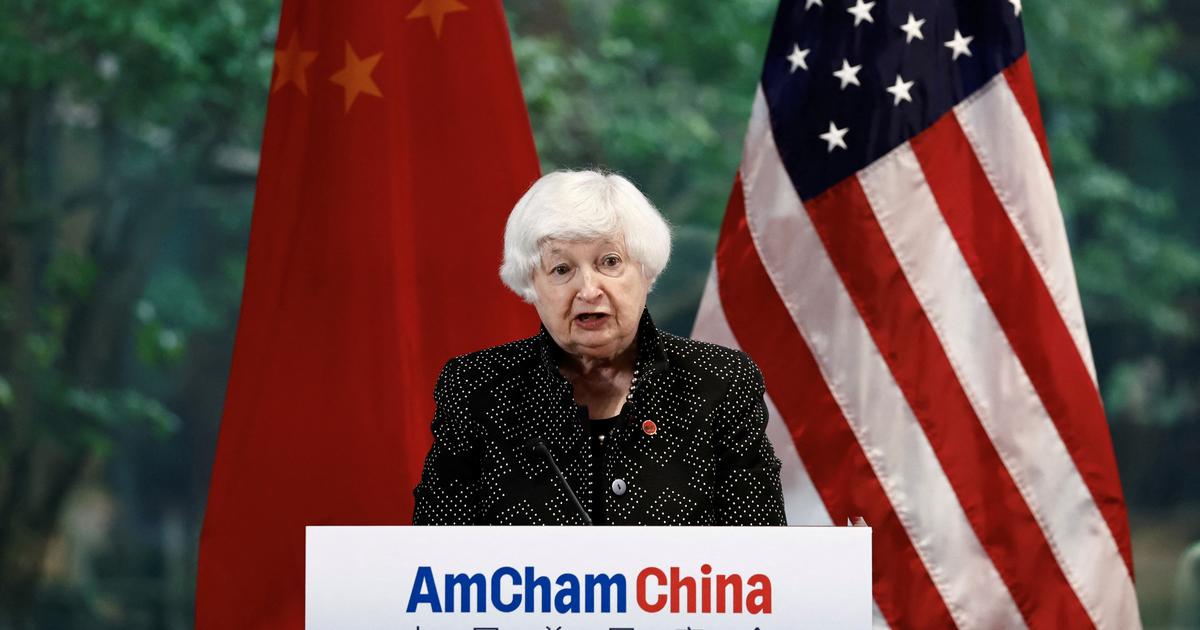Enlarge image
Adenauer House in Berlin: Banks on innovation
Photo:
Dirk Sattler / imago images
Who should pay for that?
Whether for grants in the pension fund, for climate protection or digitization: the new federal government is certain of costly large-scale projects.
The Union wants to officially present its plans at noon.
It is already clear now: The plans of the CDU and CSU should be financed without higher taxes, but primarily through economic growth.
»We do not want to increase taxes, incur new debts and make the necessary investments in the future. And we have to draw all of this from economic growth, ”said Hesse’s Prime Minister Volker Bouffier (CDU) to the editorial network Germany (RND). The priority must be: "Strengthen the economy, keep basic social services affordable, preserve jobs and thus prosperity."
Saxony's Prime Minister Michael Kretschmer has also defended the funding of the Union's election program.
The costs of the corona crisis and more climate protection should be managed with an economic upswing and technical progress, as the CDU presidium member said on Deutschlandfunk.
"Germany is a strong and also rich country, we don't have to talk about doing without." Kretschmer said: "The most important thing is the clear statement that there are no tax increases."
As the last of the major parties, the CDU and CSU want to present their election program today.
From the draft sent to the larger boards of the sister parties after the meeting of the presidia, it emerges that the party leaders want to win the election by rejecting tax increases and relieving small and middle incomes.
Ifo Institute also against tax increases
Opposition politicians have already accused the Union of remaining vague.
The Greens, the Left and the SPD are also calling for a wealth tax for the rich and companies, also to eliminate injustices.
Federal Finance Minister Olaf Scholz pointed out at the weekend that 400 billion euros in debt had been taken on during the crisis and that companies had been supported with billions of euros.
The federal government has already made more than 100 billion tax breaks possible.
After the crisis, so Union politician Kretschmer defends the course of his party, an upswing is needed first: “Firstly, because we do not want to leave the costs that we incurred to overcome this difficult crisis to future generations. And secondly, because this country, if it wants to maintain prosperity in the future and to survive in competition, really needs a different dynamic. «Everyone should be able to afford climate protection, and the economy should not migrate abroad. "That only works if you focus on innovation, on technical progress."
The President of the Ifo Institute, Clemens Fuest, advises the future federal government against at least tax increases: “A wealth tax in Germany would send a clear signal to investors at home and abroad not to build new factories and apartments in Germany and not to create jobs Said the economist. Politicians should focus on growth and economic recovery while keeping public debt under control. "For this it is necessary to expand public investments and improve tax conditions for private investments, innovations and employment."
In order to keep the debt under control, the Union also wants to stick to the debt brake in the Basic Law. The deputy CDU chairman Silvia Breher said on ARD: “It is important for us that we actually go into the future with innovation, with economic growth, with our companies and then if possible then generate growth again in order to be able to consolidate our budget. "
Even economists close to the employer, such as the Institute of German Economy, recently pleaded for a temporary relaxation of the rule.
In the long term, says the head of the Ifo Center for Public Finance, Niklas Potrafke, a complete abolition or permanent suspension would be the completely wrong signal.
Finance Minister Scholz will comply with the debt brake again from 2023.
apr / Reuters / dpa







